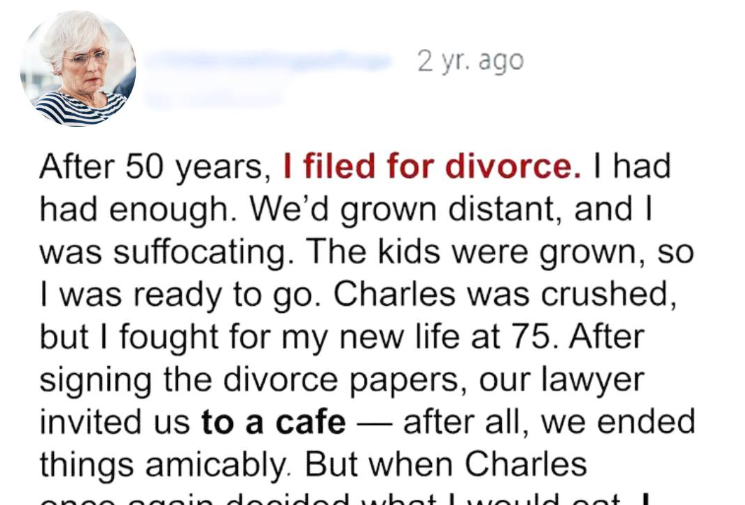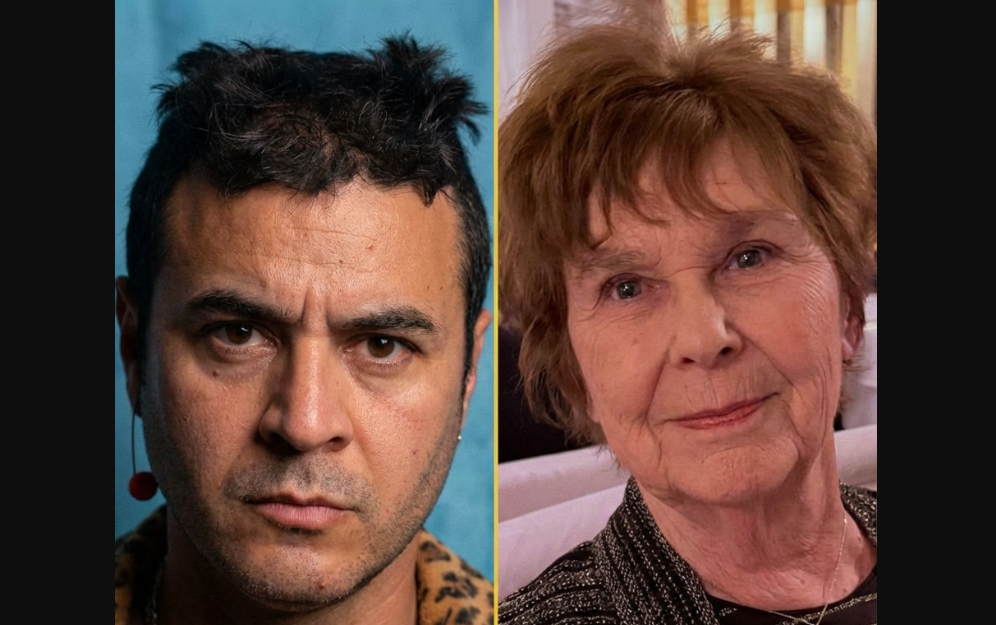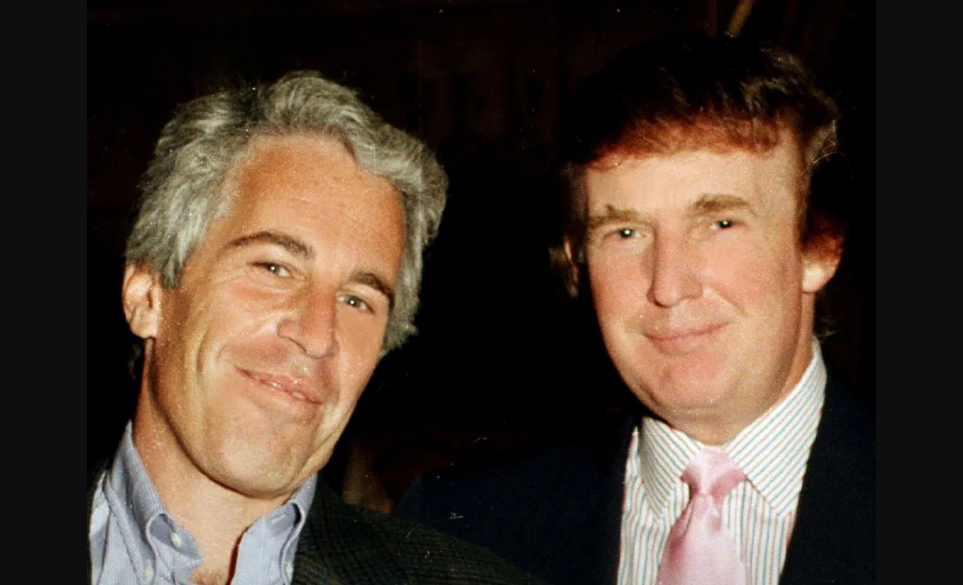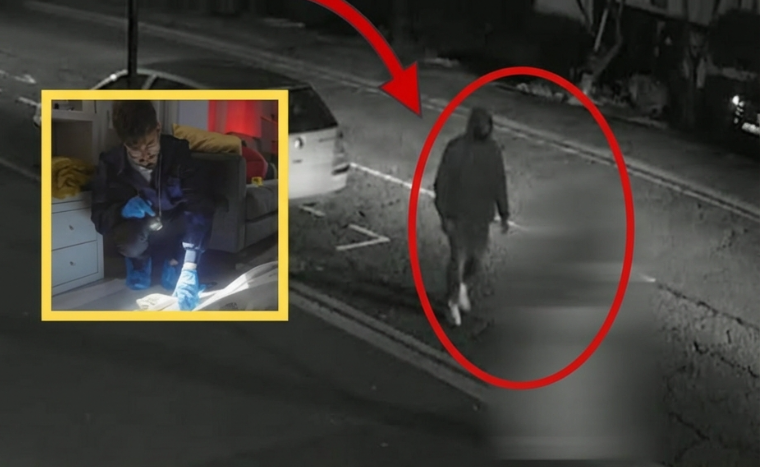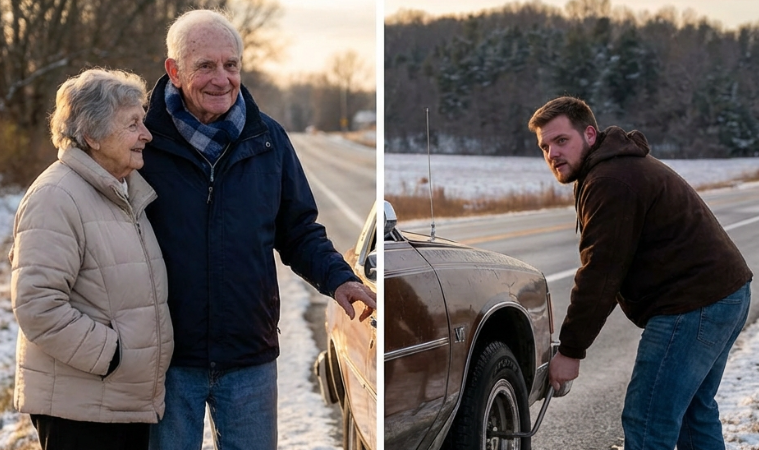I had reached my limit at last. After more than fifty years of marriage, I, a seventy-five-year-old woman, desired to leave. My husband Charles and I had shared our lives since college—he stood ten years my senior, yet our affection had overcome every obstacle. Everyone acquainted with us assumed we would remain united for all time. And for the greatest span, their assumption held true.
We nurtured two wonderful children who matured, established their own households, and filled us with pride. But at some point amid our rich and apparently joyful existence, I started to sense confinement. I realized I had never genuinely pursued my own path. The sensation emerged gradually yet profoundly, and before long it appeared in my interactions with Charles.
He cherished me profoundly, forever attending to my needs in every conceivable manner. But as I became more withdrawn and short-tempered, he grew puzzled. I observed he failed to comprehend why I had started initiating arguments and displaying outbursts over trivial matters. In time, he attempted to converse with me, aspiring to mend whatever troubled our bond.
One afternoon, he entered while I murmured to myself.
“What troubles you, dear?” he inquired softly. “You speak to yourself once more.”
“And you bear the responsibility, Charles,” I retorted, my tone edged with bitterness. “You gradually push me toward madness.”
“Please, Rose, refrain from such words to me,” he begged quietly. “They wound my soul.”
“You forever portray yourself as the sufferer!” I countered before exiting the room abruptly, abandoning him in solitude and confusion.
Our disputes increased in frequency thereafter. In the end, I requested a divorce—and to my astonishment, Charles made no effort to deter me. Perhaps he recognized that at our stage in life, the emotional burden harmed us both.
When we consulted our lawyer, Mr. Frank Evans, to address the matter, he sought to convince us against it. He had known us for many years and sincerely viewed us as ideally suited.
But I remained firm. I craved my independence. And Charles, with his gentle nature, consented. He refused to cause my unrest, even if it entailed parting from me.
On the day we affixed our signatures to the documents, Frank suggested we share a meal at our preferred restaurant.
“What harm could come?” he remarked, beaming.
I paused, but Charles accepted without delay.
“We welcome the idea, Frank,” he stated warmly. “We separate on good terms. This might serve as our final shared meal.”
Despite my reservations, I consented, and the three of us proceeded.
Upon arrival, Frank selected his dish and demanded to cover the cost for both of us. Then the waiter approached to record our choices—and at that point, Charles assumed command, as he often did.
He requested the waiter lower the illumination near our booth “for my ease” and selected a salad for me while picking a steak for himself.
I remained there fuming. I found it unbelievable that he continued deciding on my behalf—as though I lacked presence, as though I could not decide independently. To compound the issue, the reduced lighting annoyed fellow patrons, who voiced their grievances. I despised attracting notice, and finding myself amid it caused my cheeks to flush with humiliation.
I could endure no further. In a surge of fury, I unleashed words at Charles that lacked sincerity, and then I departed, leaving both him and Frank gazing in my wake.
“Women, eh?” Frank uttered clumsily.
“Indeed,” Charles responded with a melancholic grin.
That night, upon my return to the house, I gathered the majority of my possessions and departed. Charles remained in our now-vacant home. I discovered later it shattered his spirit—not due to my spoken words, but because he genuinely failed to grasp what had faltered in our relationship.
Neither of us rested well that evening. Sometime prior to sunrise, Charles abandoned attempts at slumber and chose to compose a letter to me—one final effort to connect, to convey his innermost feelings. He infused every sentiment into that letter, tears flowing as he penned it.
When daylight arrived, he acknowledged he lacked knowledge of my whereabouts, rendering delivery impossible. He placed the letter upon the mantelpiece instead. That moment revealed I had overlooked my daily medications—the ones essential for my health condition.
Concerned, he retrieved his phone and attempted to reach me. But I disregarded his calls, certain he aimed solely to induce guilt for my return.
He fails to comprehend me after all these years, I reflected resentfully as the phone rang anew. We have shared decades, nurtured offspring together, and still he seeks to dominate me. I have finished with that. Now I shall embrace my existence—on my terms, in liberty.
Meanwhile, Charles’s worry escalated as I refused to respond. His apprehension for my well-being, combined with sorrow, overwhelmed his fragile heart. The ache in his chest sharpened until he recognized a heart attack in progress.
He succeeded in summoning emergency services before falling.
When authorities notified Frank, he promptly contacted me.
“Rose,” he declared with urgency, “Charles resides in the hospital now. The situation demands attention.”
My heart halted. My Charles—vulnerable in a medical facility? The possibility of his absence instilled dread within me. In that moment, all resentment dissolved, supplanted by the profound awareness that my love for him endured strongly.
I hastened back to our residence to collect items he might require. There I discovered the letter. My fingers shook as I opened it.
“Dear Rose,” it commenced, “above all, know that my love for you has endured through these years, and it shall persist until my departure from this world. I remain unaware of your choice to seal your heart from me, but I yearn for its reopening, as I cannot envision existence without our unity.”
Tears obscured my sight as I read onward.
“I regret the incident at the restaurant. My intent focused on your welfare, as it always has. I recall your aversion to harsh lighting due to eye discomfort, prompting my request for dimming. And I remain aware of your health challenges—that prompted the salad order. I apologize for overstepping, and I vow improvement should you return to my side.”
By the conclusion, I wept uncontrollably. Each phrase pierced me, exposing my previous oversight. I abruptly perceived the depth of affection and consideration underlying his every action—how the elements I had misinterpreted as dominance revealed themselves as expressions of gentleness.
I delayed no longer. I hurried to the hospital, eager to reach him. Upon locating him, weak yet breathing, I collapsed beside his bed.
“Charles,” I wept, “grant me forgiveness. I erred greatly. I reject this divorce. I desire to share our remaining days in companionship.”
He extended his hand toward mine, his eyes moist. And in that instance, I vowed inwardly never again to undervalue his devotion. From that day onward, I would embody the partner he merited—the one who observed, attended, and reciprocated his love with equal intensity as he had forever shown me.
